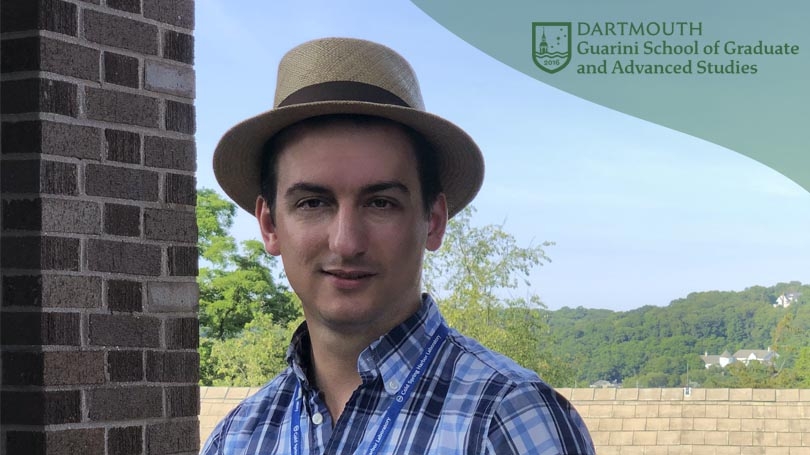In my thesis research project in Bosco lab, I aim to identify new potential molecular targets for treatment of autism spectrum disorder (ASD). I specifically focus on the transcriptional changes that take place in neurons as a result of genetic mutations in the PTEN gene, which is one of the most commonly mutated genes in patients with autism and macrocephaly. I use single cell RNA sequencing (scRNA-seq) to study the transcriptional pathways downstream of PTEN, which allows me to study individual cells with aberrant transcriptional profiles in detail.
As described above, scRNA-seq is a key method used in my thesis research. It is a cutting-edge technology that allows for extraction of an incredible amount of data about the transcriptional activity from thousands of cells with the ability to determine the transcriptional profile in each one of them separately. This data can be then processed in multiple ways using many computational pipelines that have been developed to test hypotheses and generate new ones. As a researcher with broad multidisciplinary education, I strive to combine my clinical knowledge from medical school with both wet lab and computational skills to explore novel research avenues – and my project using scRNA-seq to study ASD allows me to do just that. Dartmouth currently owns a top-of-the-line scRNA-seq instrument (10x Genomics Chromium), which I use for my research. However, there is currently no course offered at Dartmouth that would teach the complex wet lab and computational methods needed to take advantage of the full potential of scRNA-seq in my research.
For that reason, I have applied to and subsequently attended a 17-day intensive course at the Cold Spring Harbor Laboratory (CSHL) dedicated to Single Cell Analysis. During this outstanding course, I was able to learn several methods by which biological specimens can be studied on the single cell level. This unique course consisted of a balanced combination of wet lab and computational techniques taught by guest lecturers who are leading researchers in the field and in many cases, have in fact themselves developed the techniques they taught us. Additionally, I was able to meet many peer as well as senior scientists in the field of single cell analysis, and thus make new valuable connections, start one collaboration, and establish multiple friendships.
This experience provided an invaluable enrichment of my PhD education and I have been using the knowledge and skills acquired there in my research since. I am very grateful for the Guarini Alumni Research Award, which significantly contributed to my ability to attend this course. More information about my experience at CSHL can be found in the following feature interview.
